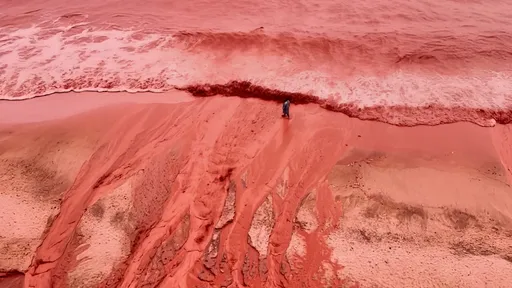The Biden administration has said it remains open to talks with Iran over the 2015 nuclear deal despite Tehran’s rejection of an EU invitation to join a meeting with the US and the other original participants in the agreement.
A senior administration official said on Sunday that the US was “disappointed” in the rejection but was flexible as to the timing and format of the talks and saw Iran’s decision to snub the European invitation as part of the diplomatic process.
The official said the US would be consulting with the other participants — Britain, China, France, Germany, Russia and the European Union — on the way forward.
The official was not authorised to discuss the matter by name and spoke on condition of anonymity.
READ MORE: The longer the US drags its feet on Iran, the tougher talks will get
Rejected talks
Earlier on Sunday, Iran turned down the offer for talks saying the “time isn’t ripe” for the meeting, at which the US would have participated as an observer.
Iran had been insisting that the US lift or ease sanctions imposed on it by the Trump administration under its “maximum pressure campaign” before sitting down with the United States.
President Joe Biden has said repeatedly that the US would return to the deal that his predecessor, Donald Trump, withdrew from in 2018 only after Iran restores its full compliance with the accord.
"Considering US/E3 positions & actions, time isn’t ripe for the proposed informal meeting," Iranian foreign ministry spokesman Saeed Khatibzadeh said on Twitter.
He referred to the so-called E3, which comprises Britain, France and Germany.
“Remember: Trump failed to meet because of his ill-advised ‘Max Failure,'" he said. “With sanctions in place, same still applies. Censuring is NOT diplomacy. It doesn’t work with Iran.”
Iranian officials had said Tehran was studying a proposal by EU foreign policy chief Josep Borrell to hold an informal meeting with other parties to the nuclear pact and the US.
But the parties cannot agree who should make the first move. Iran says the United States must lift sanctions, while Washington says Tehran must return to compliance with the deal, which Iran has been progressively breaching since 2019.
READ MORE: Khamenei: Iran may enrich uranium to 60 percent purity if needed
Not 'the end of the road'
Separately, a senior US official said the United States was not wedded to any particular format for talks.
"We don't think that this is the end of the road. It's unfortunate ... that the Iranians said: 'No,' but we'll be open to other ideas," said the senior US official.
"If they want us to consider some other format, we're not going to be sticklers for format," he added.
READ MORE: US bombs Iranian militia facilities in Syria
UN sanctions
The Biden administration announced earlier this month that it would accept an EU invitation to participate in a meeting of deal participants and at the same time rescinded a Trump determination from the UN Security Council that Iran was in significant breach of the agreement that all UN sanctions had been restored.
The UN move had little practical effect as nearly all members of the world body had rejected Trump's determination because the US was no longer a participant in the nuclear deal.
Biden administration officials said the withdrawal of the determination was intended to show goodwill toward its partners and at the same time had eased severe restrictions on the movement of Iranian diplomats posted to the UN.
READ MORE: Iran officially begins restricting UN nuclear inspections
'We'll show an appropriate reaction'
Earlier, Iran's nuclear chief urged the International Atomic Energy Agency's (IAEA) 35-nation Board of Governors not to endorse a US-led push to criticise Tehran's decision to scale back its cooperation with the UN nuclear watchdog.
"If the IAEA's Board of Governors adopts a resolution against Iran, we will show an appropriate reaction," Ali Akbar Salehi said, according to the Iranian state news agency, IRNA.
In a position paper seen by Reuters and sent to other IAEA member states before the board's quarterly meeting this week, Tehran threatens to end a deal struck with the IAEA a week ago temporarily maintaining some monitoring of its activities.
Diplomats said it was unclear whether the board would adopt a resolution.
Last Tuesday, Tehran stopped implementing the so-called Additional Protocol, which had enabled the IAEA to carry out snap inspections at undeclared locations.
But under the February 21 agreement, Tehran agreed to maintain the recording of extra data as specified by the 2015 deal for up to three months, and to let the IAEA access it at the end if sanctions were lifted.
Khatibzadeh said there was no need for a "negotiation or a resolution" by the IAEA board of governors for the United States to "end its illegal and unilateral sanctions and return to its commitments."
READ MORE: Iran threatens to end IAEA deal if it endorses US-led criticism of Tehran
























